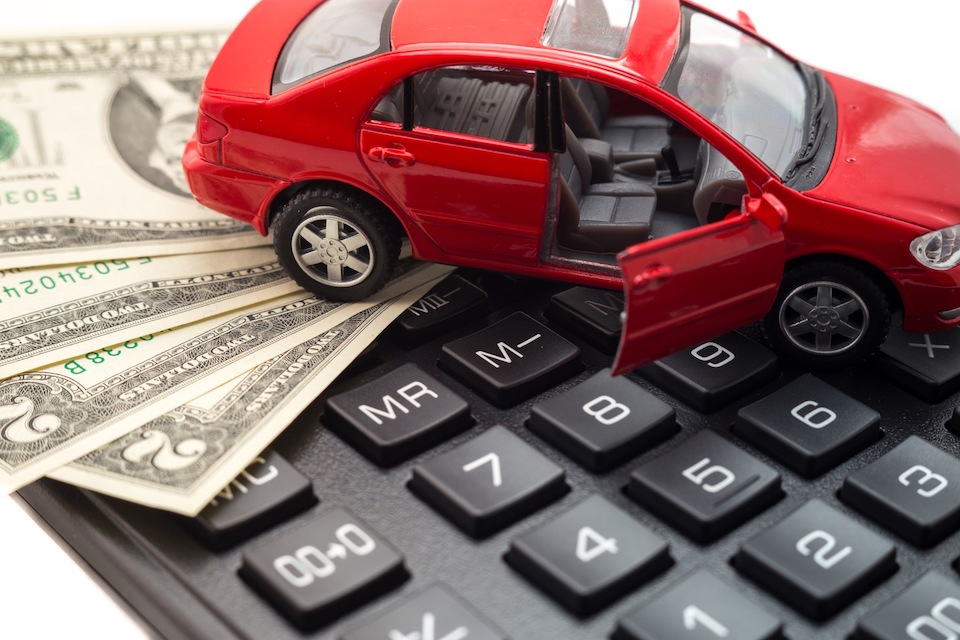Marcus Pickett
The economy is forcing many to make tough decisions about their household expenses — and auto insurance is no exception. Car owners might cut coverage and cut corners to pay their bills. In fact, according to a recent survey by the National Association of Insurance Commissioners (NAIC), more than half of U.S. drivers have changed their insurance coverage or driving habits to save money within the past year.
Lifestyle changes
The NAIC surveyed about 1,000 American adults — 53 percent of them made a choice, based on their financial circumstances, over the past year that will affect the cost of their car insurance. Some of the most common changes included:
- Driving less: Nearly 40 percent of those surveyed drove less in the past year. They joined carpools, walked to work, biked more and used public transportation more frequently.
In addition to cutting down on fuel costs, such lifestyle changes can cut your premiums. Your premium is partly determined by how often you use your car. A long daily commute increases the chance you’ll be in an accident, so your insurer will adjust your rate upward. Likewise, cutting down on your commute can lower your risk and premiums.
Some car insurance companies are taking this principle even further by offering pay-as-you-drive insurance. If you have this type of policy, your insurer might measure how many miles you drive and adjust your premium accordingly. Or you might purchase coverage in advance and renew it only after you’ve used a certain number of miles.
- Canceling or reducing coverage: Roughly 20 percent of those surveyed said they had streamlined their coverage or canceled it altogether. This is a risky move — and an illegal one in most states, if you’re getting rid of your mandated liability coverage.
Even settling for bare-bones liability coverage required by your state is a risk. Auto insurance extras like uninsured motorist coverage, comprehensive coverage and collision coverage will raise your premium. But they can be invaluable if you’re hit by an uninsured driver or if your car is wrecked or stolen.
It might be possible, however, to lower your costs by adjusting the comprehensive or collision portions of your policy. Progressive advises cutting these coverage types (or raising your deductible) if your car’s worth starts nearing the amount you pay in premiums.
- Trimming the fleet: About 20 percent of those surveyed said they had gotten rid of a car or traded one in for a less pricey model. Getting a car that’s less expensive to replace, or getting a more practical car with lots of safety features, means less risk for your insurer — and, possibly, lower premiums.
Those changes can be made deliberately in an effort to cut costs. Other life changes are out of your control but still could dramatically affect your car insurance rate.
- Relocation: Whether downsizing to a smaller home, chasing a new job or moving in with family, many Americans are relocating because of financial hardship, according to the NAIC. Any change in Zip code is likely to affect auto insurance costs, particularly if you head to a different state.
- Job change: A new job may mean a shorter (or longer) commute — and lower (or higher) premiums. Or you might be able to share a commute with a spouse and go without an extra car if you work near each other.
- Damaged credit: A job loss can mean that some bills don’t get paid. Eventually, these unpaid bills will find their way into your credit report. According to the Federal Trade Commission, insurers have determined that lower credit scores are correlated with higher driving liability risks. In states where it’s allowed, many car insurers use motorists’ credit scores when calculating premiums for new coverage. Yet, according to the NAIC, more than a third of the drivers surveyed did not realize their credit histories influence their auto insurance costs.

1 thought on “How the economy affects what you pay for auto insurance”